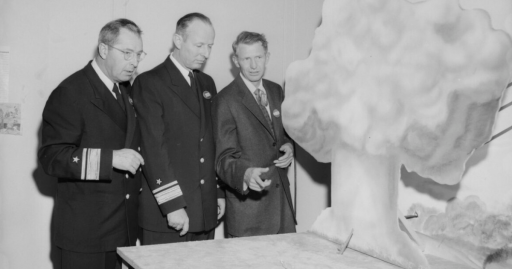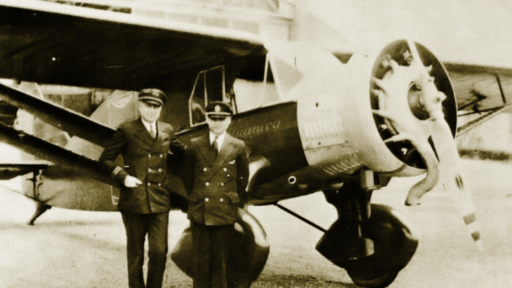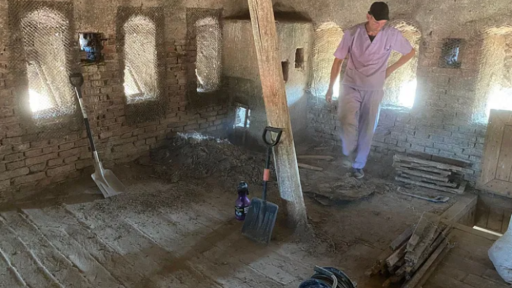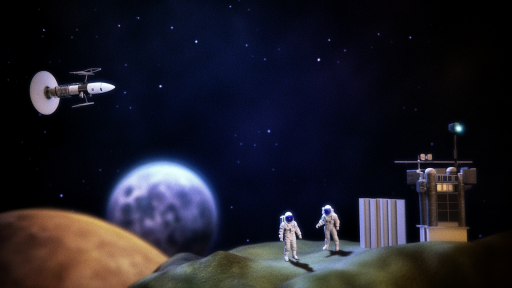A Test That Changed Everything
In the 1950s, a nuclear weapons test in Nevada—called Shot Harry—had an unexpected and dangerous outcome. The explosion sent radioactive fallout farther than anyone anticipated, affecting nearby communities. This accident marked the beginning of controversial studies on how radiation impacts human health.
Fallout Reaches Communities
During the test, radioactive particles traveled with the wind, covering nearby towns without warning. People were unknowingly exposed, going about their daily lives while the government quietly observed the effects. Eventually, scientists began formal studies to monitor how radiation exposure impacted these residents—often without their full knowledge or consent.
Ethics and Public Safety
This event revealed two critical issues: the unpredictable risks of nuclear testing and the ethics of human research. While the studies contributed valuable insights into radiation’s effects, they also raised serious questions about transparency, consent, and the safety of the public. It was a moment where scientific progress came at a human cost.
Scientific Gains Amidst Controversy
At the time, radiation was a mystery. These studies—despite their ethical concerns—provided scientists with critical information. They helped improve safety protocols for nuclear energy, develop radiation therapy for cancer treatments, and even enhance safety in space exploration. However, the incident underscored the importance of prioritizing ethics in scientific research.
Lessons from the Past
The Shot Harry fallout serves as a stark reminder of the need for balance between scientific discovery and ethical responsibility. Mistakes can lead to progress, but honesty, consent, and public safety must always come first.
Source: SF Public Press





